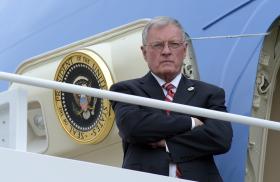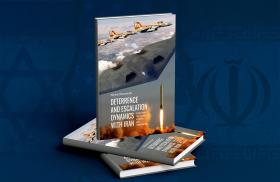In the aftermath of war, the United States must balance recognition of the historic opportunity to advance U.S. interests in the Middle East with a realistic view of what is possible and what is not.
America's first priority must be to win the peace by stabilizing Iraq and helping the Iraqi people re-claim their country after a generation of Saddam Hussein's tyranny. Only if the United States invests in helping Iraqis build a new Iraq will it have the moral standing and political authority to promote its other objectives in the region: combating terrorism; compelling a change in the rogue behavior of regimes that sponsor terrorism and seek weapons of mass destruction (WMD); championing democratization and liberalization within the region's closed, authoritarian states; and rebuilding the prospect of peace between Arabs and Israelis.
These are not separate items on a laundry list of policy goals; rather, they are organically connected. Left unchecked, rogue states may supply terrorist groups with the WMD that enhances their lethality a thousand-fold; left unaddressed, the stifled political cultures of closed societies may give rise to more Bin Ladens eyeing soft American targets rather than hardened ones at home; left unattended, a hopeful vision for a secure peace among Arabs and Israelis may become nothing more than just that.
The precondition for success on all these fronts remains Iraq: If the United States fulfills its mission there, it will not have to choose among competing priorities; if it fails in its mission in Iraq, it will not have the luxury to choose among them, either.
Endorsed by: Former secretary of state Lawrence Eagleburger • Former speaker of the House Newt Gingrich • Former secretary of state Alexander Haig • Former Democratic senator Robert Kerrey • Former secretary of defense William Perry • Former Republican senator Fred Thompson • Former director of central intelligence R. James Woolsey
-
20 Pages



